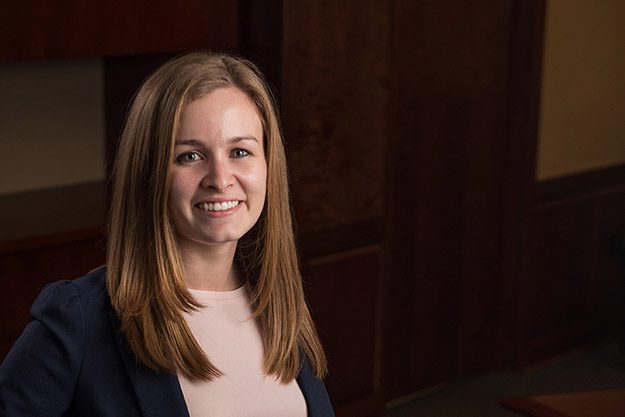Article
Resources
Article
The NLRB Recognizes Student-Employees: The Effect of Columbia University on Private Universities
In August 2016, the National Labor Relations Board (“NLRB” or “Board”) held in a 3-1 decision that undergraduate and graduate student assistants at private colleges and universities are employees under Section 2(3) of the National Labor Relations Act (“Act”). The Graduate Workers of Columbia-GWC, UAW filed a petition with the Board to represent student assistants who provide instructional services with the goal of unionizing this component of the school’s student workforce. The NLRB’s ruling in Columbia University gives graduate and undergraduate teaching assistants, as well as graduate research assistants, at private higher education institutions the right to unionize. Although there are dozens of public universities, which are governed by state law, with graduate employee unions, the NLRB’s 2004 decision in Brown University precluded student assistants at private universities from unionizing. In Columbia University, the NLRB overruled its 2004 decision because it “deprived an entire category of workers of the protections of the Act, without a convincing justification.”
The Board reversed course by holding that a university employee’s status as a student does not preclude that employee from coverage under the Act. The Act encourages collective bargaining and the protection of workers’ freedoms of association and self-organization. According to the Columbia University decision, these goals are best furthered by extending statutory coverage to student assistants under the Act’s broad definition of an employee. Research cited by the Board indicates that collective bargaining has not harmed faculty-student relationships nor stifled academic freedom at public universities with graduate student unions. Accordingly, the Board extended the protections of the Act to student assistants in a common-law employment relationship with their university.
The dissenting Board member highlighted a variety of practical implications of the Board’s ruling that the majority did not address. Under the Federal Educational Rights and Privacy Act (“FERPA”), universities must keep student disciplinary files confidential. NLRB precedent, however, suggests that keeping witness statements confidential can violate the Act. The dissent also noted that application of the Act to student assistants will prevent universities from imposing rules on student assistants that promote civility or limit profanity and outrageous conduct, including outrageous social media postings.
Private universities would be well-served by assessing their preferred path forward before they are faced with immediate decisions regarding the interest of student assistants in unionizing. University leaders should assess how their institution’s mission and values might affect their position on the unionization of student assistants. Encouraging discussion of the benefits and consequences of unionization will create an open and accessible voting process. Before institutions seek to empower students to make an informed decision about unionization, they should review the Board’s rules that apply to an employer’s role in the voting process. Although the Board’s decision gives student assistants the right to unionize, it is still a choice they must make for themselves.
It is worth noting that the Board’s decision may not forever remain the law of the land. This is the third time the Board has reversed its position in the past two decades. Each shift has followed a change in the party controlling the White House. At this time, however, private higher education institutions should begin to assess the forums available to student assistants to openly address their thoughts and concerns regarding the conditions of their employment with their employer.
If you have any questions about this issue, please contact us.


